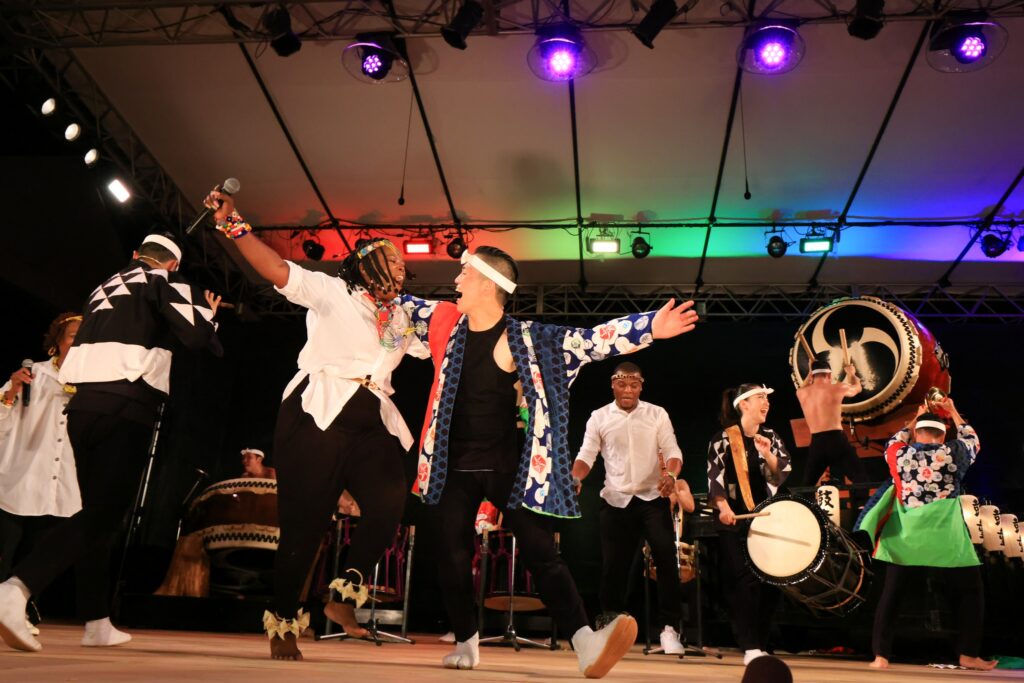
Where exile gave rise to art
Sado Island was once a place of exile—a remote outpost where nobles and political dissenters were banished, typically from the vibrant cultural hubs of Kyoto, Osaka, and Tokyo. Among them were Emperor Juntoku, the Buddhist priest Nichiren, and Noh dramatist Zeami, figures deemed inconvenient or subversive by the ruling powers.
But these exiles did not simply languish on an island far removed from all they knew. In their banishment, they brought with them their retinues, infusing Sado with the culture and color of Japan’s most sophisticated cities. Over time, they transformed their “prison” into a stage alive with theatre and music. Today, their legacy endures, not as a memory of exile, but as a celebration of the arts, drawing music lovers from across Japan and beyond.
Every August, drumbeats echo over island and sea
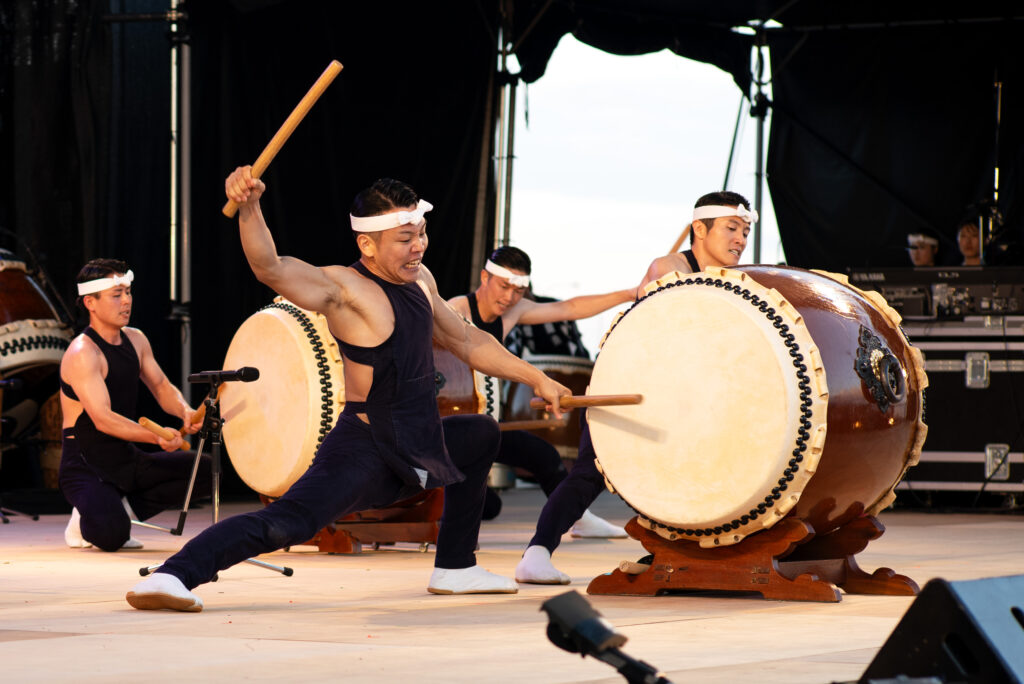
Every year, Sado Island welcomes visitors from far and wide to join in the musical jubilation of Earth Celebration. The festival was founded in 1988 by the globally acclaimed taiko ensemble Kodo, which calls the island home. Each August, between tours across Japan and around the world, Kodo returns to its roots for three days and nights of performance—but they don’t take the stage alone.
In the spirit of the “Earth” in Earth Celebration, Kodo invites a wide range of musical soloists and groups from Japan and around the world to join them for the festival’s main event: the Harbour Concerts. Held every night in Ogi Port Town, these outdoor performances begin around 6 p.m. and last about an hour and a half.
Japanese taiko meets Ugandan embaire
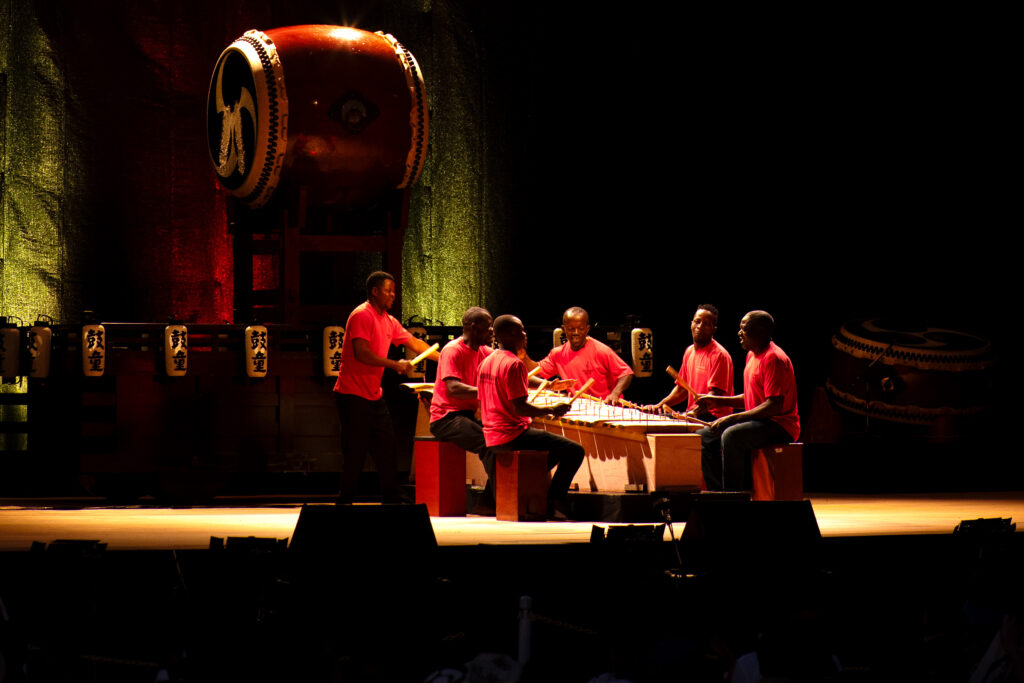
Last year, I was fortunate enough to attend all three Harbour Concert performances, witnessing the sheer skill and abundant joy with which Kodo members and their guests played. At the time, Kodo shared the stage with the Nakibembe Embaire Group, an extraordinary percussion group from a small village in the Busoga Kingdom of Uganda. They are one of the last remaining troupes to perform with the embaire—a giant wooden xylophone played not by one, not two, but up to eight people simultaneously.
Often accompanied by a maraca-style shaker and communal singing, each player strikes the wooden slabs in contrasting yet seamlessly interlocked rhythms, making it nearly impossible to tell who is playing which beat. Although the melody flows as organically as freeform improvisation, in reality, the embaire players follow intricate rules passed down through generational learning.
As Far Out Magazine puts it, the embaire “typifies what music is all about: bringing people together and turning reality into a dance for a while”—a sensibility that fits right in with Earth Celebration, a festival that champions music as a universal language.
Kodo and the Nakibembe Embaire Group came together in mutual admiration and deep respect, weaving their musical cultures into a unified performance. In a world that often feels increasingly intolerant, Earth Celebration offered a powerful reminder of what it means to honor our differences—and to intertwine them in order to bring forth something beautiful and new.
Experiencing such a collaboration was not only a privilege but deeply inspiring.
Small town charm, global embrace
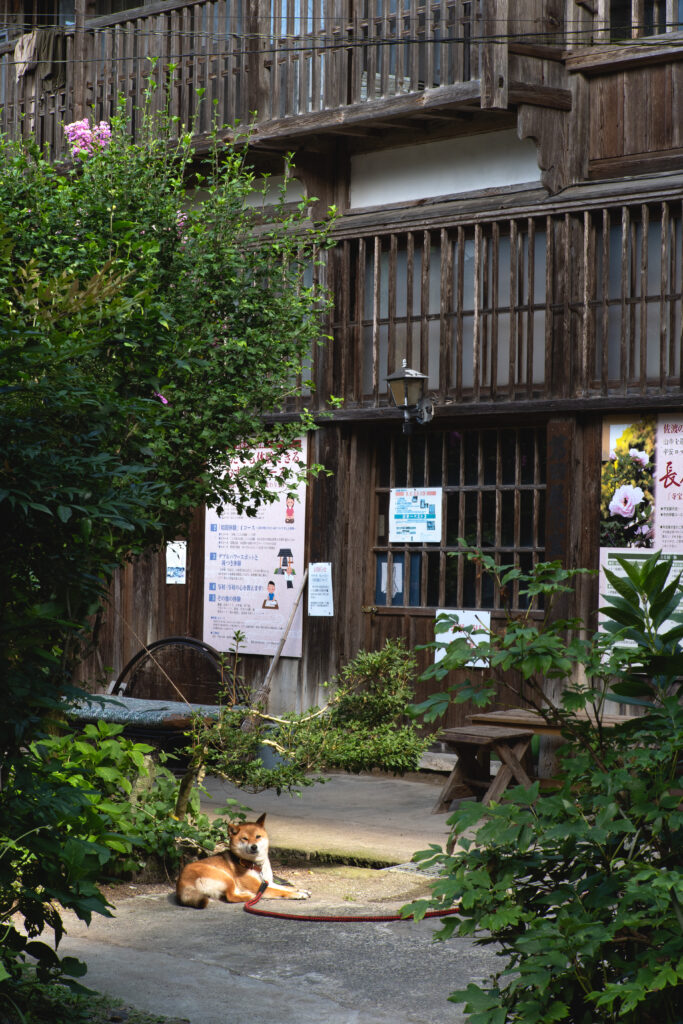
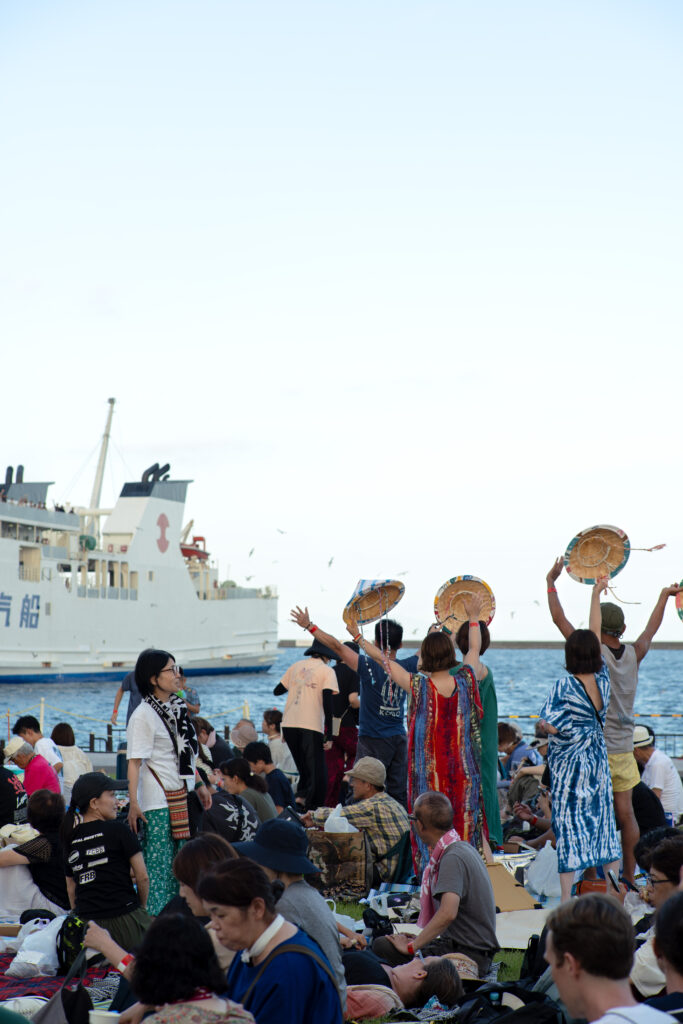
One thing that stood out to me was how international the festival felt. While most attendees were Japanese, there was also a significant number of international visitors. For a location so far removed from Japan’s famous “Golden Route,” it was refreshing to see such diversity. The chance to see the renowned Kodo members perform in their hometown is likely the main draw—but it felt like more than that.
The atmosphere of the entire festival was incredibly welcoming, as were the locals, who wholeheartedly embraced the festivities brought right to their doorstep. As I explored Ogi Port and other beloved spots on Sado, I was met with smiles and warmth—small but meaningful gestures that made me feel right at home.
One particularly memorable encounter took place at a small local shop, where I met an energetic gentleman sporting vivid green hair fashioned into two peaks. When I complimented his ‘do,’ he explained it was shaped like the iconic twin peaks of Sado’s UNESCO World Heritage Kinzan Mines. His joy and pride in the island were infectious, and our brief interaction left me feeling genuinely uplifted. While no one else I met had quite as unforgettable a hairstyle, many shared his outgoing and affable spirit.
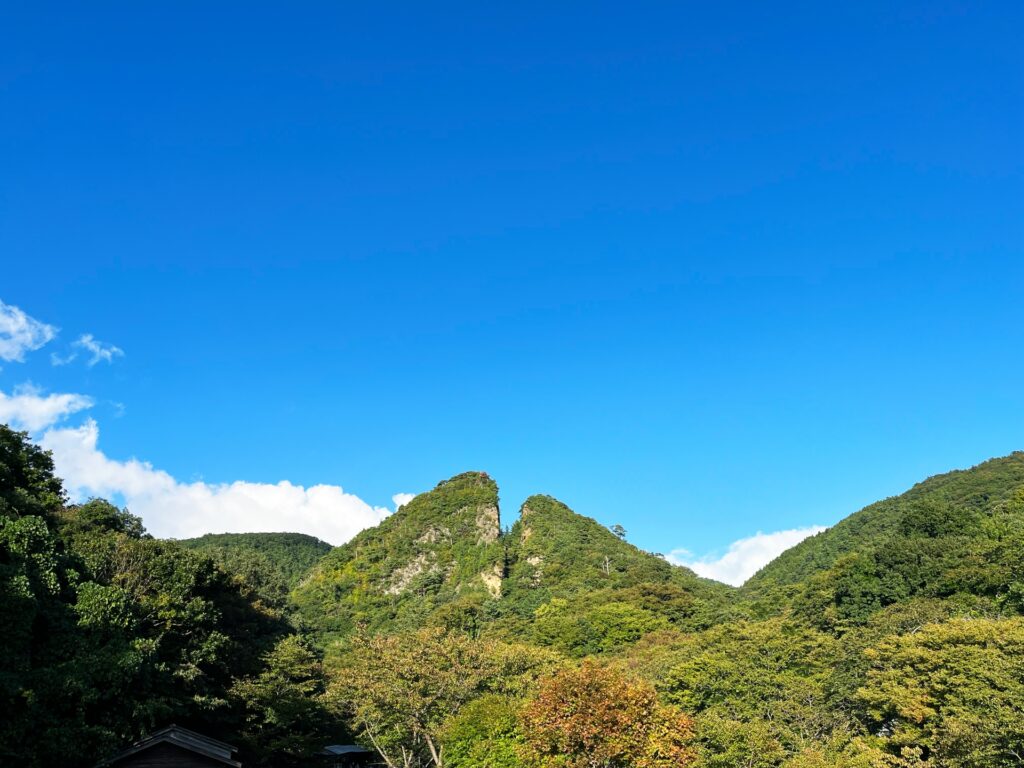
From Senegal to Argentina, legends unite in 2025
In 2025, Sado Island and its community are once again preparing for the return of Earth Celebration. Set to take place from August 22 to 24, Kodo has invited Senegalese percussionists Aly Ndiaye Rose, Dourfal Ndiaye Rose, and Baye Dame Bou Yaye to join them on stage. It will mark over 30 years since the Doudou Ndiaye Rose Percussion Orchestra last performed on Sado, having appeared most recently at Earth Celebration 1992. Also joining the festival is Ben Aylon, who has spent years training in the art of Senegalese drumming, studying under the legendary Doudou Ndiaye Rose and Aly Ndiaye Rose.
They will also be joined by Korean drummer Choi Jaechol, who performs Sol Janggu—a solo Korean drum performance—as well as el tempo, an Argentine-born music project that has made its way to Japan. Led by Kavka Shishido and featuring some of Japan’s best percussionists, the group uses over 100 hand signals to create a truly singular performance, one that can never be replicated.
Join the rhythm: Sado Island awaits you
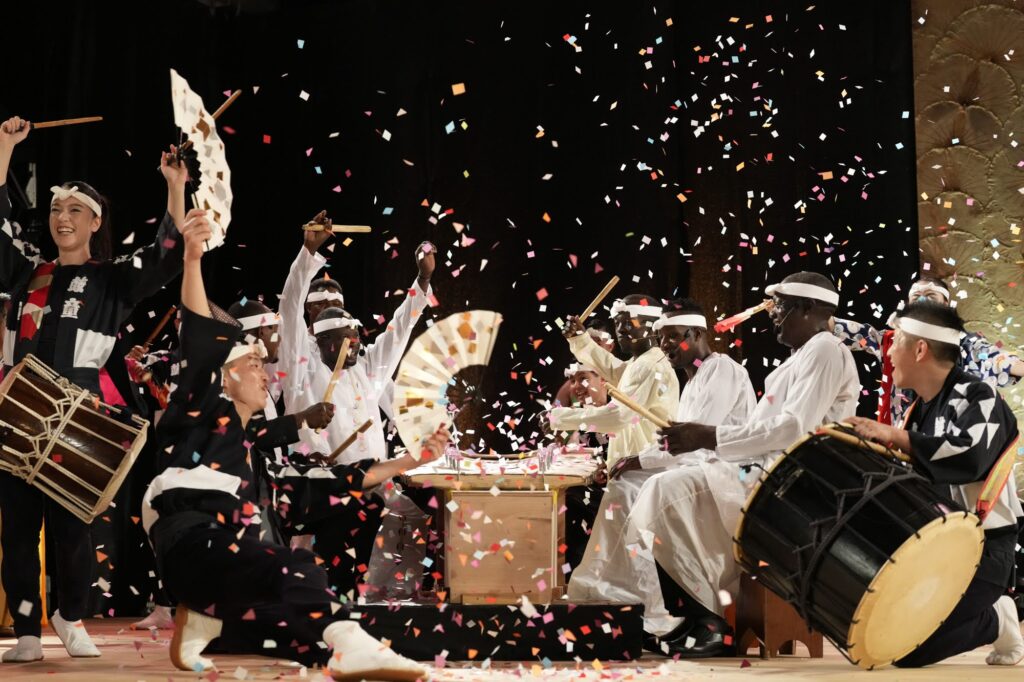
Earth Celebration 2025 promises to be a phenomenal experience, bringing together sounds from around the world in joyous harmony. Celebrating one another—our similarities and differences, our passions and joys—is something the world needs more of today. For me, witnessing this collaboration of cultures in 2024 was a dream come true, one I hope many others will get to share.
Tickets for Earth Celebration 2025 are on sale until August 20th, and they tend to sell out fast. If you want to be part of something bigger, something positive, head over to their official website below to learn more.
